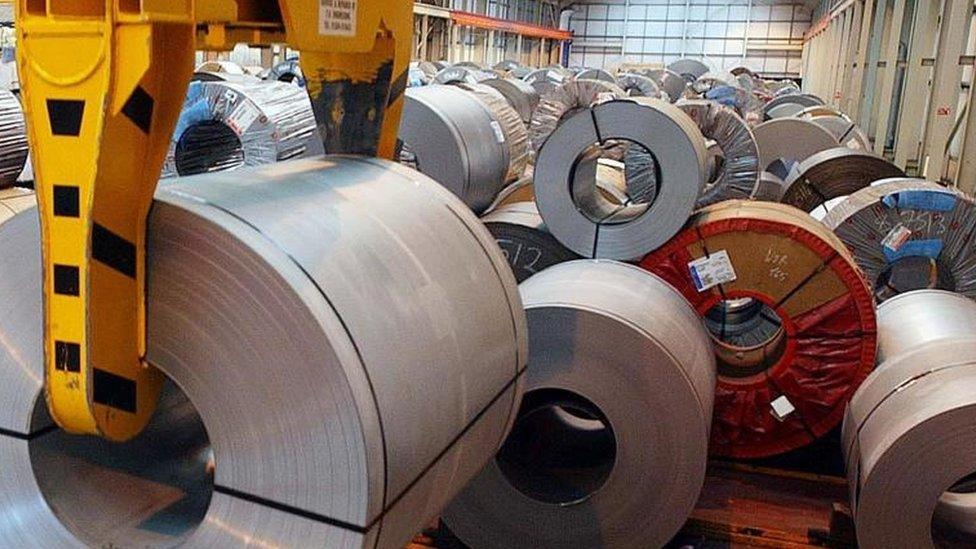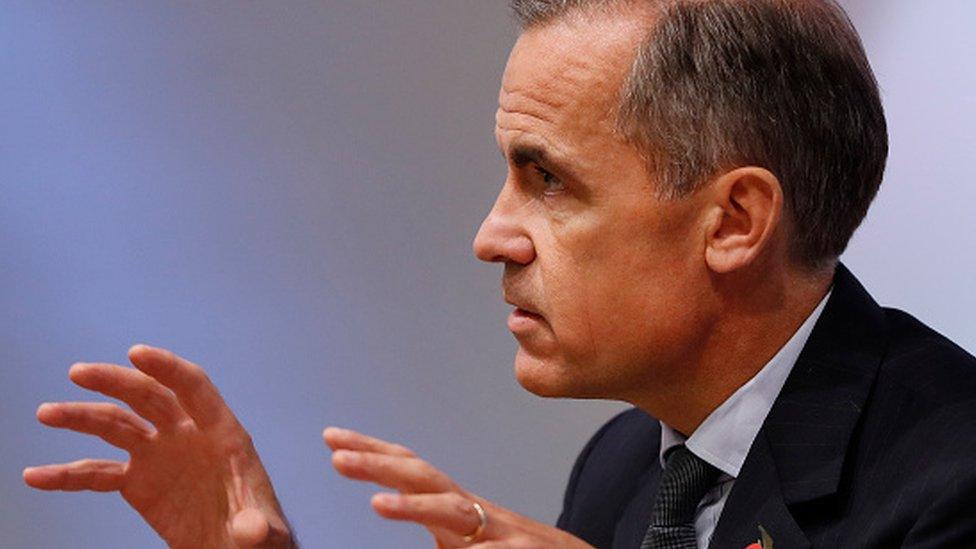UK manufacturing sector growth 'slows in November'
- Published

UK manufacturing sector growth slowed in November, a closely-watched survey has indicated.
The Markit/CIPS purchasing managers' index (PMI), external fell to 53.4 from 54.2 in October. A figure above 50 indicates expansion.
The weakening of the pound following the Brexit vote pushed up costs for manufacturers.
However, firms reported more demand from the US, Europe, and the Middle East for business.
A weak of the pound pushes up the cost of imports, but makes UK goods cheaper for overseas buyers.
The UK vote to leave the EU led to a sharp fall in the value of the pound against the dollar and the euro.
While the sector is "in good health", the weak pound has increased production costs, which has had a knock-on effect on the prices factories charge for goods, Markit said.
"The concern is that higher costs may in time offset any positive effect of the weaker exchange rate, especially given that export order book growth has already waned markedly from September's five-and-a-half year high," said senior Markit economist Rob Dobson.
Industry body EEF said that manufacturing, while still robust, had lost some momentum.
The rise in costs would "inevitably" pass on to consumers, "adding to the inflationary pressures already building up in the UK economy," said EEF senior economist George Nikolaidis.
In November, the Bank of England sharply raised its inflation forecast for next year. It expects inflation to hit 2.7% in 2017, compared with its current rate of 0.9%.
- Published30 November 2016

- Published30 November 2016

- Published29 November 2016